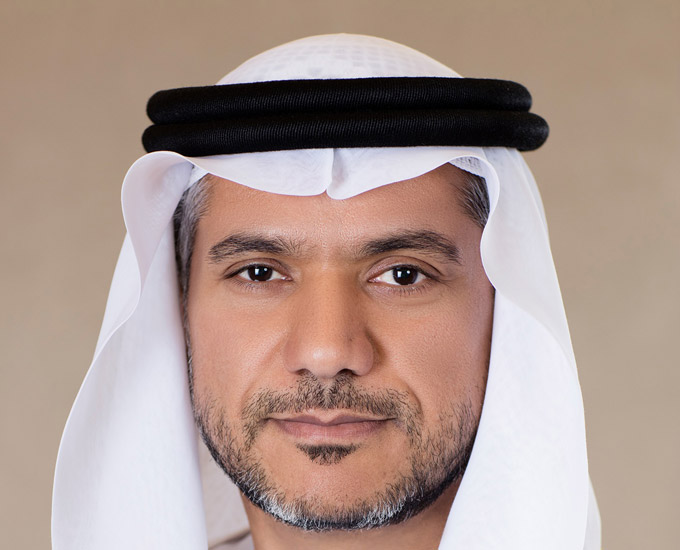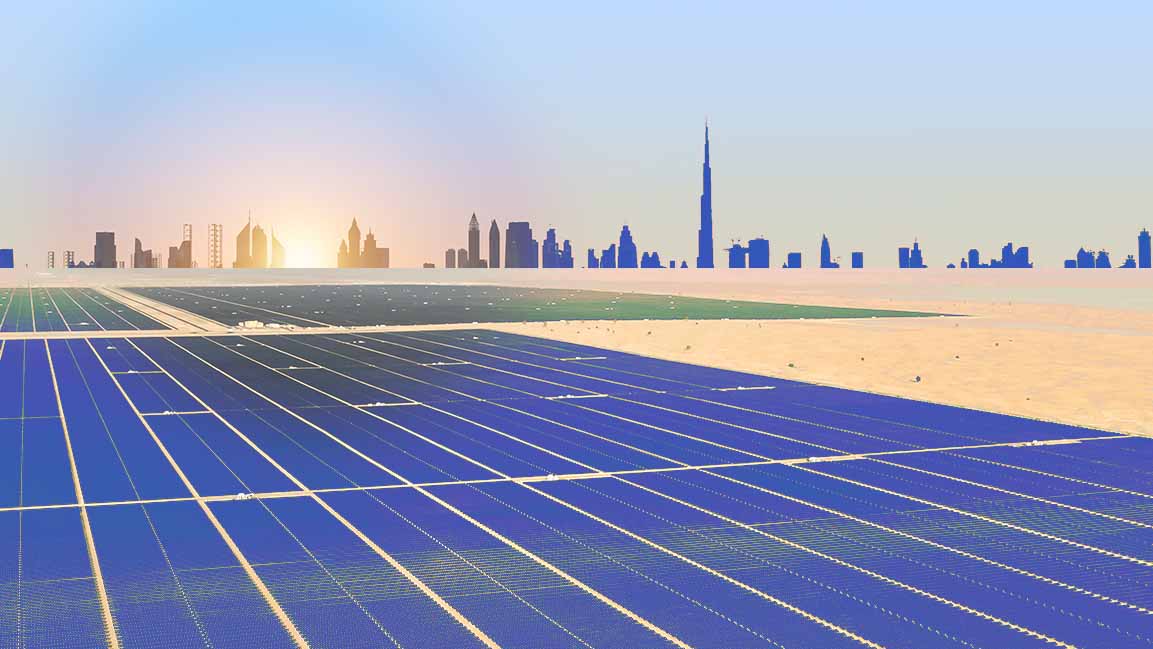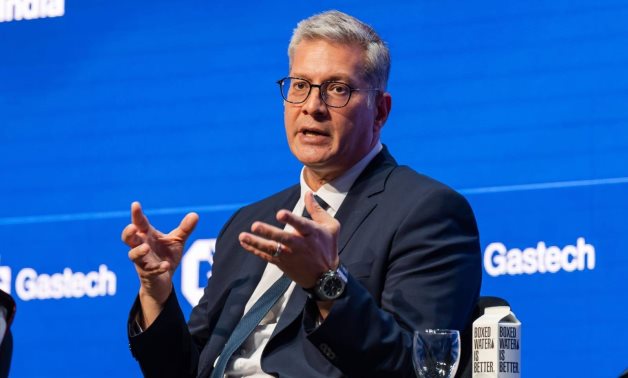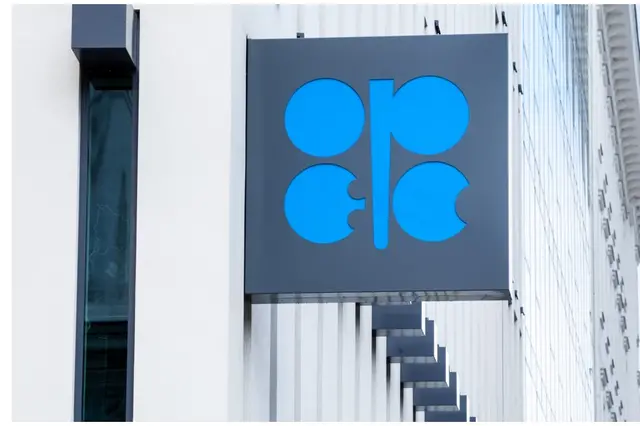Energy

GSMC to Africa: Reform energy markets, go renewable

GSMC calls on governments in Africa to help enable investment in renewable energy developments by reforming energy market designs and speeding up permissions for renewables and grid projects, among other things.
This is a recommendation from the latest report by the Global System for Mobile Communications (GSMC), a global organisation that aims to unlock the full power of connectivity so that people, businesses, and society can thrive.
The report, Rural renewal: Telcos and sustainable energy in Africa, advocates for renewable energy solutions to expand connectivity in rural Africa.
It indicates that renewables contribute little more than 20% of total grid electricity output in sub-Saharan Africa, but they account for around half of mobile carriers’ power use. This, the report states, highlights the disparity between demand and the region’s already limited supply of renewables.
“Operators in Africa are running at a lower level of energy efficiency in their mobile networks than the average globally. The amount of energy needed to power data traffic is around 0.24 kWh per GB, compared to 0.17 kWh globally.
“This is due in part to lower traffic volumes, but it also reflects the (still) widespread use of 3G equipment, which has a much lower spectral efficiency than 4G and 5G,” the report notes.
GSMC states that with off-grid sites frequently relying on costly and polluting diesel generators, mobile operators urgently need to transition to renewable energy sources.
Extend digital access to underserved communities in Africa through renewable energy
“By deploying sustainable solutions like solar-powered mini-grids and exploring innovative models such as Energy-as-a-Service (EaaS), operators can reduce costs, lower carbon emissions, and extend digital access to underserved communities,” they said.
The GSMC report recommends that governments in Africa can help enable investment in renewable energy developments through:
- Zero-rating of import duty on green energy equipment and accessories to support the transition to green energy solutions.
- Encouraging net metering, where the credit received when energy is fed back to the national grid, can be utilised to cover energy use of other sites elsewhere in the country.
- Where possible, offering subsidies or tax incentives for green energy solutions to reduce investment and operational costs.
- Designating telecoms infrastructure as critical national infrastructure for prioritisation of access to the national grid and other energy sources.
- Reforming energy market designs and speeding up permissions for renewables and grid projects.
- Incentivising financial institutions to structure innovative financing for green energy projects by mobile operators – by reducing interest levied or permitting green bonds, for example.












